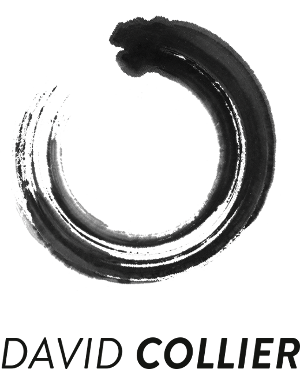Leap into the void – embracing my uncertain fate
- posted in: Art, Posts
- no comments
I’ve just finished reading Stewart Lee’s How I Escaped My Certain Fate![]() . As anyone who has ever heard me talk about Lee will know I’m a huge fan, often going into lengthy monologues about his use of repetition, structure and recurring themes within his work. I was recently watching a video of a talk he gave at Oxford about the process of writing–or as he now does of not writing–and decided to get his book.
. As anyone who has ever heard me talk about Lee will know I’m a huge fan, often going into lengthy monologues about his use of repetition, structure and recurring themes within his work. I was recently watching a video of a talk he gave at Oxford about the process of writing–or as he now does of not writing–and decided to get his book.
He describes his management growing massively and the connection between the material he performed and the venues and audience he played to becoming disjointed. How the alternative comedy scene grew around him moving into the mainstream with all of its commercial implications and that the type of material he performed didn’t necessarily fit into the new mass market sales model. And how upon his return to standup how he went about finding the audience which was right for his material instead of being foisted upon an audience expecting bland observational comedy that requires nothing of them.
He gives a very real description of his progress and how projects, like Jerry Springer: The Opera, came about. The early struggles working temp jobs and phoning venues to get slots after he left college. His emergence onto the scene and the the burgeoning of his writing career, the success of the opera and his exit and return to standup comedy. It’s a really interesting look at Lee’s career and his dipping in and out of the mainstream, but what I’m most interested in is the way he talks about being an artist. And how he reconciles his artistry with earning a living.
In the introduction and in his talk he mentions some parallels between the music and comedy worlds and the perceptions about what it means to be an artist in each medium. How the alternative comedy movement and the performer/songwriter era – inspired by The Beatles, among others – was ultimately a blip on the long stand, and re-establishing traditions of the artistic and commercial landscape. It’s been a really thought provoking experience for me. I’m now at a point when I’ve just left college and am embarking – with much trepidation – on a journey to become an artist. The conventional message of society is don’t be an artist, you’ll be penniless and insecure and life won’t be worth living. That culture is inherently worthless unless you can attach a monetary value and that I should aspire to give away what I create for free in the hope of making money through some other medium.
The picture is bleak, and as far as I can tell , very little of this rhetoric is drawn from first hand experiences. It’s all been cast down as part of our shared social knowledge. The implicit expectation is that we are all striving towards common goals–a “good” job, getting married, having kids, one leading to the next in an endless procession played out across the ages. Maybe it’s a function of my generation – seeing the economic world crumble. People losing their jobs and homes that would make me shy away from all of that. That’s why I found solace in Lee’s book. Let’s face it, he did paint a pretty bleak picture of parts of his career, but I found the overall perspective of his career really inspiring. It is possible to carve out a career as an artist in this day and age, to strike a balance between creating work with integrity and simultaneously earning a living – it won’t be easy, but it is possible. And as I journey onwards I’m reminded of one of my favourite quotes from a novel by my all time hero, Terry Pratchett.
“You get a wonderful view from the point of no return.”

